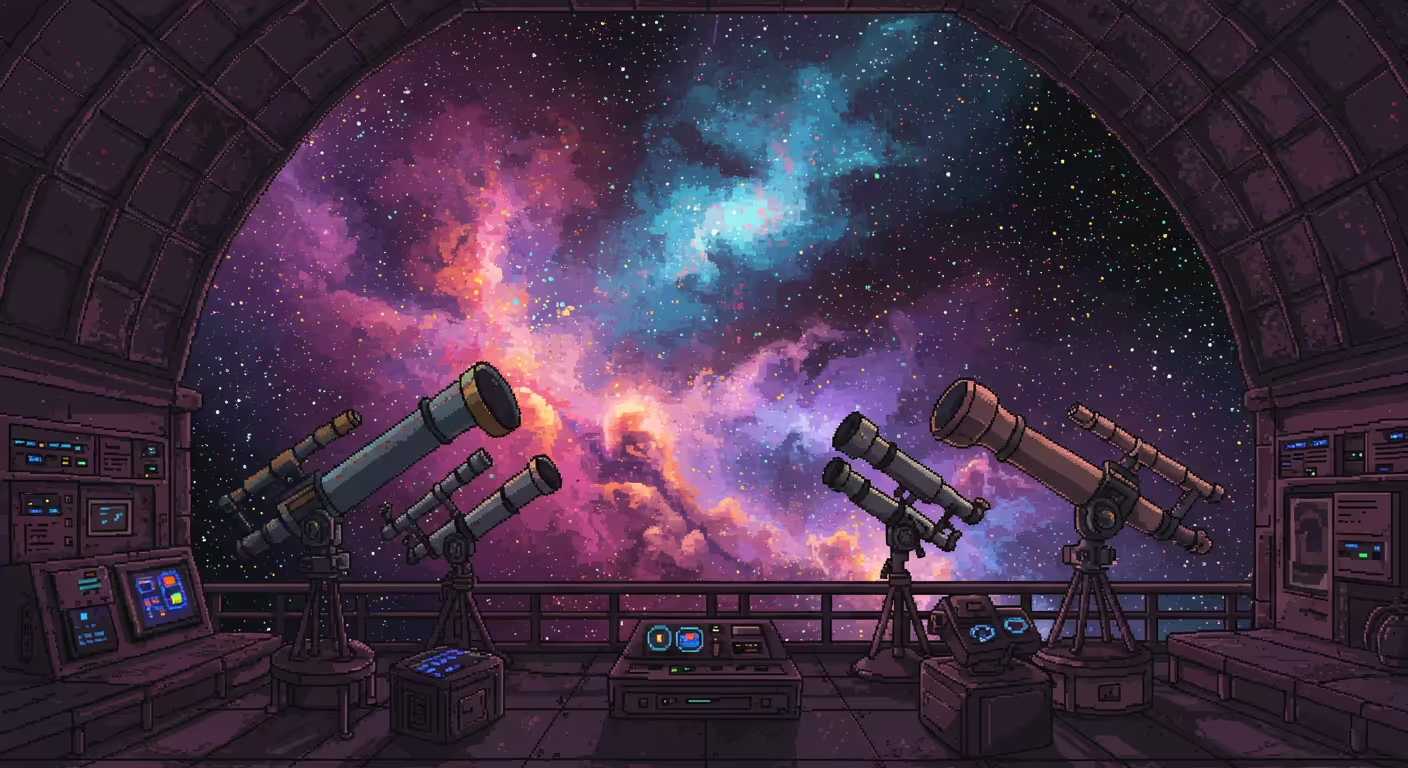- Sections
- Ruby
- Web Development
- Artificial Intelligence
- Urban Planning
- Astronomy
- Issue Navigation
- Previous Issue
- Next Issue
Wednesday, May 28, 2025
The Digital Press
All the Bits Fit to Print
Wednesday, May 28, 2025
All the Bits Fit to Print
Explaining the use of color and imaging techniques in astronomy photos

Astronomical images often use color filters and processing methods that don't reflect what the human eye would actually see, but these techniques reveal important scientific details invisible to us. The colors in space photos are usually approximations or representations of light beyond human vision, designed to highlight different elements and phenomena.
Why it matters: These color techniques allow scientists to study cosmic composition, temperature, and structure beyond visible light.
The big picture: Human vision evolved for Earth's environment and misses many wavelengths; telescopes capture a broader electromagnetic spectrum.
The stakes: Misunderstanding these images as "true color" can mislead public perception about what space actually looks like.
Commenters say: Readers appreciate the scientific explanation but want clearer answers on how much color is simulated versus true, debating the balance between aesthetics and realism.